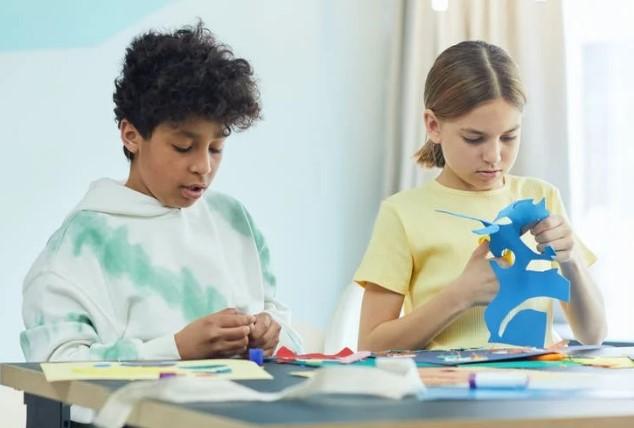
3 minute read
Children as rights holders
S u z a n n e G a r c i a I m b e r n o n T a s k M a n a g e r O f f i c e o f t h e C o m m i s s i o n e r f o r C h i l d r e n
We are all familiar with the term human rights, the basic rights and freedoms we are all entitled to in order to live with dignity, equality and fairness. We sometimes forget that children themselves also have rights. Children’s rights are the same as human rights but also include special provisions to protect them in every way. Children have a right to develop and reach their full potential, to be nurtured and cared for as well as to receive an education. Children’s rights are listed in the United Nations Convention on the Rights of the Child. The Convention is the most widely ratified treaty which was ratified by Malta in 1990. One of the Convention’s general principles is child participation, a right which is also outlined in Article 12 of the Convention. Children have the right to share their views freely in matters that affect them whether directly or indirectly. It is not enough to hear what children have to say but we must really listen to them and act on what they are telling us. Child participation is not only a right but also contributes positively to their development and also has a positive impact on community development and active citizenship. Children’s insights, experiences and opinions should contribute to decisions being taken in their regard. This should be the case on various levels such as when developing law and policy, taking decisions within the family, within the education, health and justice systems, and also within Local Government. Child Participation should be safe, ethical, inclusive and impactful. Adults should create safe spaces for children to feel comfortable to express their views. Children should be provided with age-appropriate information when participating in decision-making and it is the role of adults to support children to express their views. Children do not always express their views through words or written feedback and it is up to adults to create the right mediums for children to express themselves. Children often tell us that they feel demotivated when expressing their ideas and concerns as they feel that not much action is taken and that change is very slow. We must ensure that children’s views are being heard by the people who have the authority to act on those views. Children should always be provided with clear feedback on how their participation has influenced any outcomes and why decisions have been made. Meaningful child participation is a process which requires preparation and planning. It is also important to keep in mind that participation should be voluntary and therefore it is not only the consent of the parents that should be sought but also the consent of children themselves. Children should be informed that they can stop their involvement at any point within the process. The Office of the Commissioner for Children prioritises child participation when carrying out its function. We cannot advocate for children’s rights without listening to what they have to say. The Office continuously advocates for the mainstreaming of child participation and the adoption of a process which is accessible to all children including young children, children with disabilities and migrant children.
P h o t o : V a n e s s a L o r i n g











